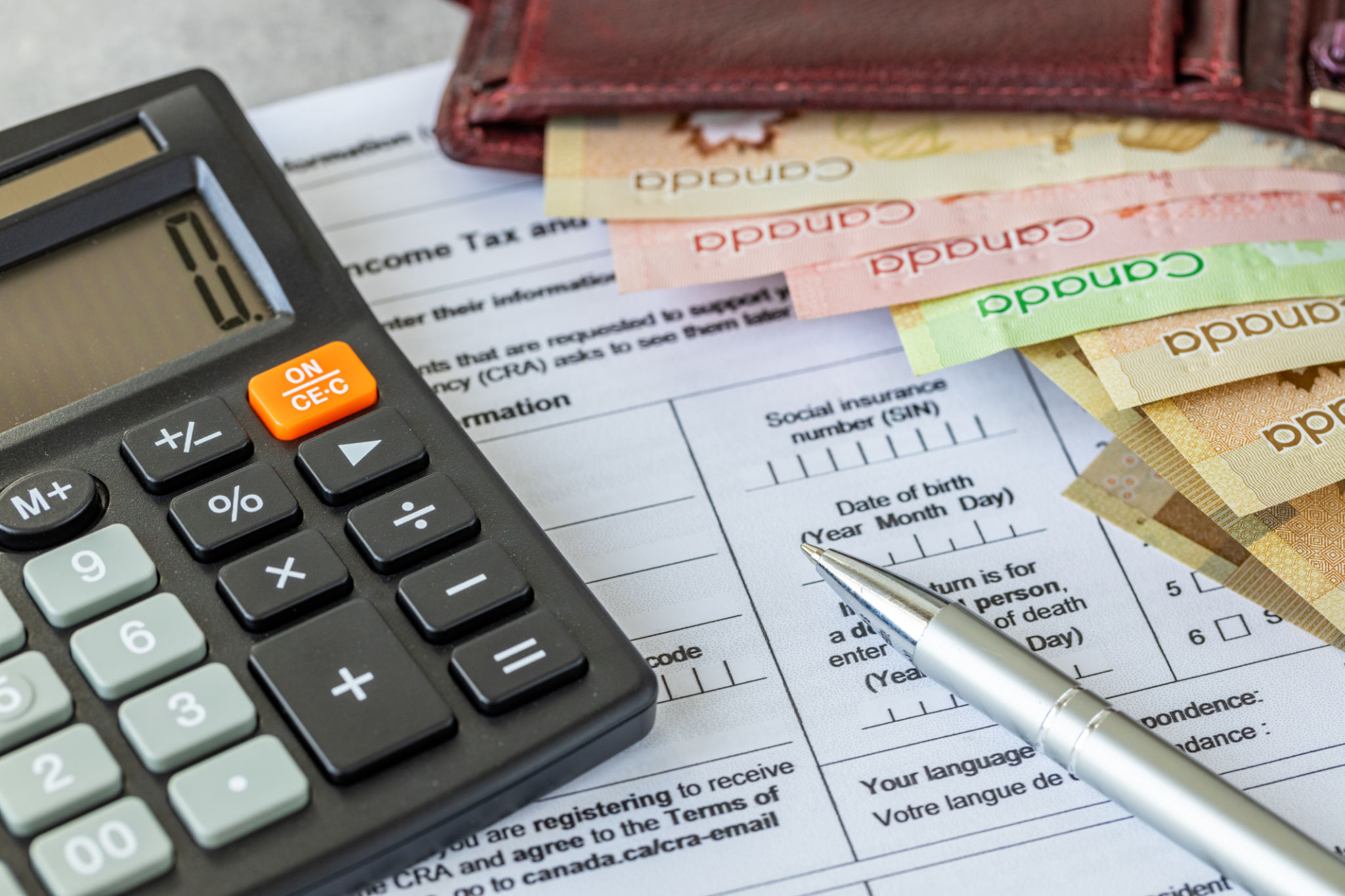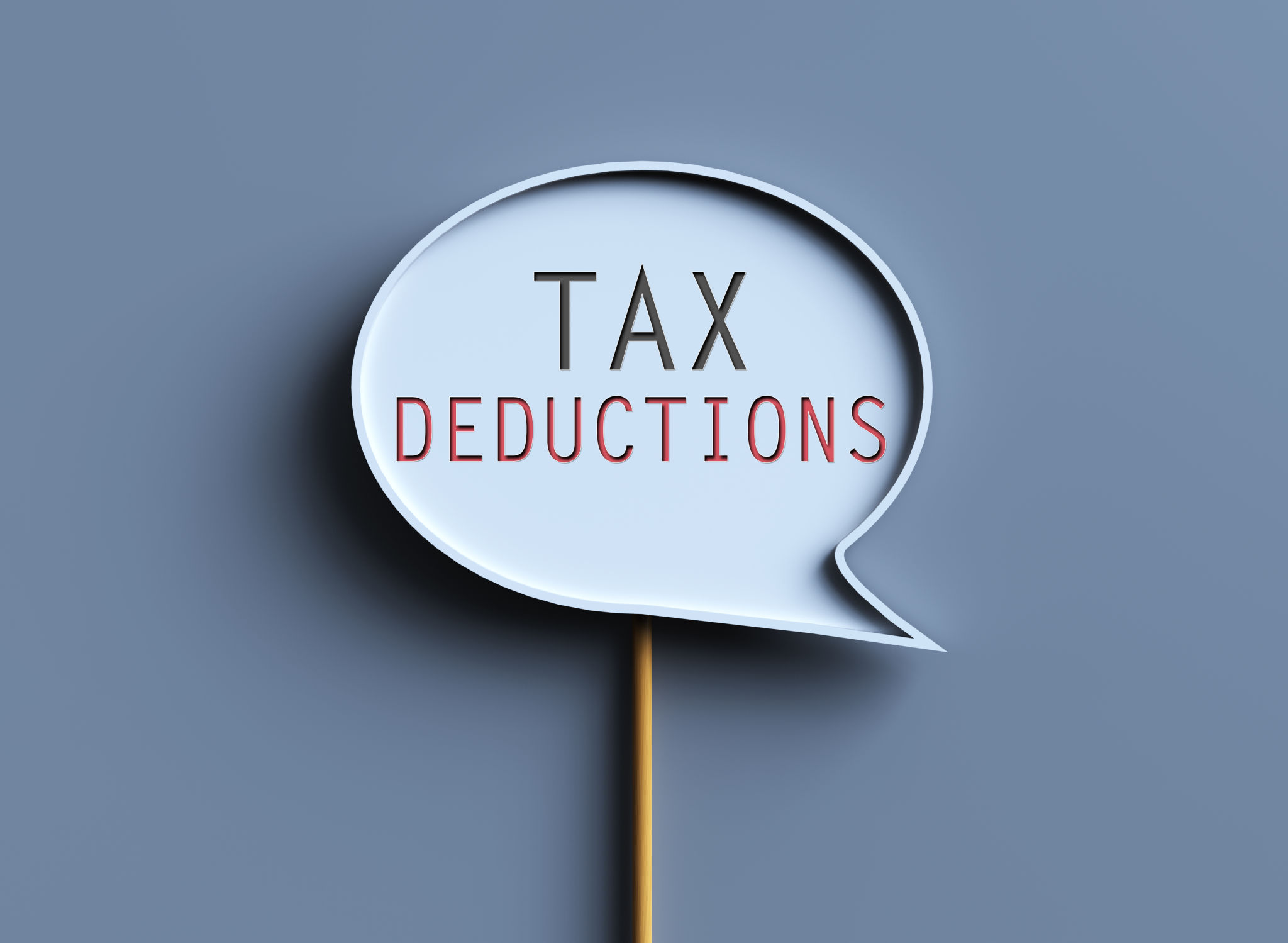Common Tax Filing Mistakes and How to Avoid Them
GD
Understanding Common Tax Filing Mistakes
Filing taxes can be a daunting task, and even the most meticulous individuals can make errors. These mistakes can lead to processing delays, audits, or even penalties. Understanding the common pitfalls and knowing how to avoid them can save you time and money.

Overlooking Income Sources
One frequent mistake is failing to report all income sources. Whether it's freelance work, investment dividends, or side gigs, all income must be reported. Omitting any source can raise red flags with the IRS.
To avoid this mistake, keep detailed records of all your income. Utilize accounting software or spreadsheets to track every payment you receive throughout the year. This will ensure accuracy when it's time to file.
Incorrect Filing Status
Choosing the wrong filing status is another common error. Your status determines your tax bracket and eligibility for certain credits and deductions, so it's crucial to select the correct one.
Review the IRS definitions for each status: single, married filing jointly, married filing separately, head of household, and qualifying widow(er). If you're unsure, consult a tax professional who can offer guidance based on your personal situation.

Mistakes in Calculations
Errors in math are surprisingly frequent during tax season. Even small miscalculations can lead to significant discrepancies in what you owe or are owed. Double-checking your work or using tax software can minimize these errors.
Tax software often includes built-in calculators that automatically compute figures for you. However, if you're doing it manually, meticulously review each calculation before submitting your return.
Missing Out on Deductions and Credits
Many taxpayers overlook available deductions and credits that could reduce their taxable income. These can include education credits, mortgage interest deductions, and medical expenses.
Research the deductions and credits for which you qualify. Keeping organized records and receipts throughout the year can make it easier to claim these benefits when filing.

Filing Late or Not at All
Filing late or neglecting to file altogether is one of the most severe mistakes you can make. This often results in penalties and interest on any taxes owed.
To avoid this, mark important tax deadlines on your calendar. If you cannot file by the due date, consider applying for an extension. Remember that an extension grants extra time to file but not to pay any taxes due.
Providing Incorrect Personal Information
Simple errors like a wrong Social Security number or an incorrect address can cause processing delays and complications with your return. These mistakes are easily avoidable with a little extra attention to detail.
Before submitting your return, carefully review all personal information for accuracy. Ensure that names, addresses, and identification numbers match exactly as they appear on official documents.
Conclusion
Avoiding these common tax filing mistakes requires careful attention to detail and thorough preparation. By keeping accurate records and possibly seeking professional advice, you can ensure a smoother tax filing experience and potentially avoid costly errors.
